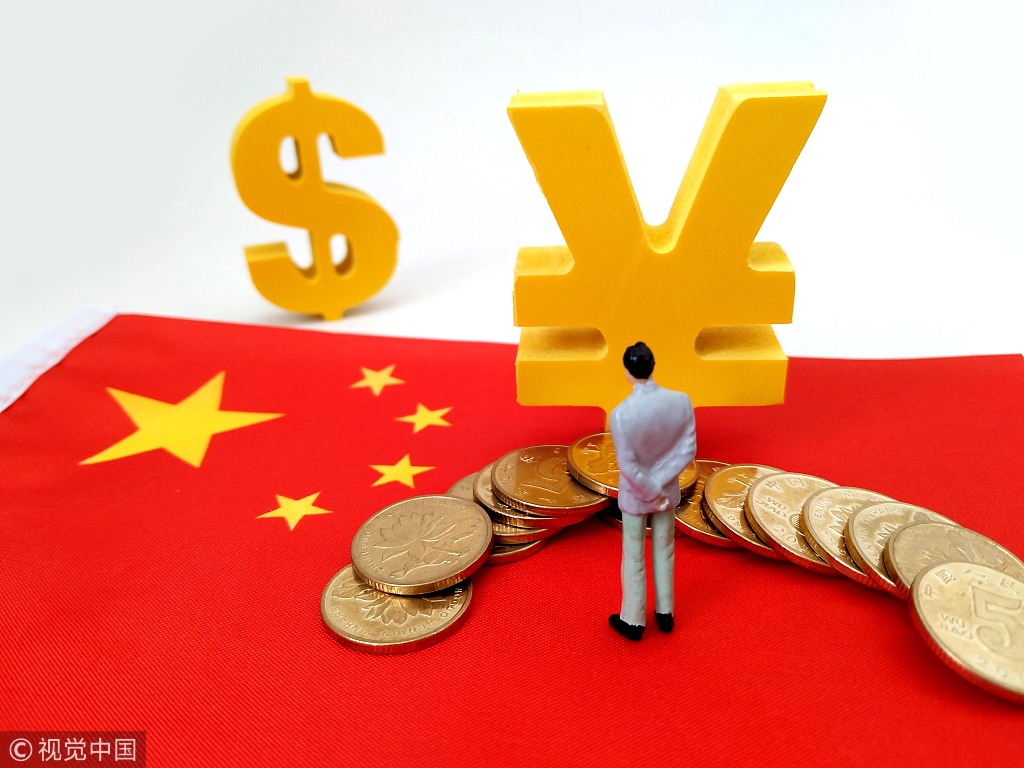Enterprises seek diverse export channels






Chinese enterprises have been taking measures such as diversifying export destinations to minimize the possible negative effect of the US-initiated trade war, according to managers.
Hebi THB International Electric Company, which produces automotive cable and wiring products in Hebi, Henan province, has begun to suffer. Not only are 90 percent of its products exported with US companies among its main customers, but also a high percentage of its materials must be imported.
"If the $200 billion list came into effect, our imported materials would rise in price," said Chang Zhihua, the company's customs clearance director.
He's referring to the US government's proposed list of China's imports worth $200 billion on which it would look to impose tariffs. On July 6, US customs started collecting tariffs on a first list of Chinese imports worth $34 billion, which is considered the start of a trade war.
Besides raising actual business costs, the trade war also strikes the confidence of worldwide enterprises, because they have been confused by US actions for the past few months and are uncertain about US policies in the future.
"Our products are not on the tariff list of the US, but some customers hesitate in issuing orders to us because they worry about the higher risk of tariffs," said Xiao Dongliang, business manager at Henan Mingtai Aluminium Industrial Company in Zhengzhou, capital of Central China's Henan province.
Xiao is echoed by Huang Qiguo, chief manager of Railteco Equipment, a railway accessory company in Zhangjiagang city, East China's Jiangsu province, who said their customers hesitate, too, even though his company had just finished standardization procedures to explore the US market.
To cope with that, Mingtai Aluminium has been optimizing their product structure, promoting productivity and, most importantly, expanding to other overseas markets.
"We took measures earlier because challenges to us came earlier. As early as when the US launched the '232' probe earlier this year, our orders from the US had dropped," Xiao said. "In the first half of this year, our total business volume continued increasing compared with that of 2017 because we have been expanding to markets outside the US."
THB International turned their eyes to the domestic market by developing domestic automotive programs.
"It takes time to make turns," said Chang. "Therefore I have to say there will be pressure if the trade war continues. However, we are confident because the domestic market has huge potential."
Railteco has been developing products with higher added value to cover possible losses. GSE Electrical Equipment Company, a producer of air compressors in Foshan, South China's Guangdong province, also said they must stay innovative so that their products will survive in the market.
































